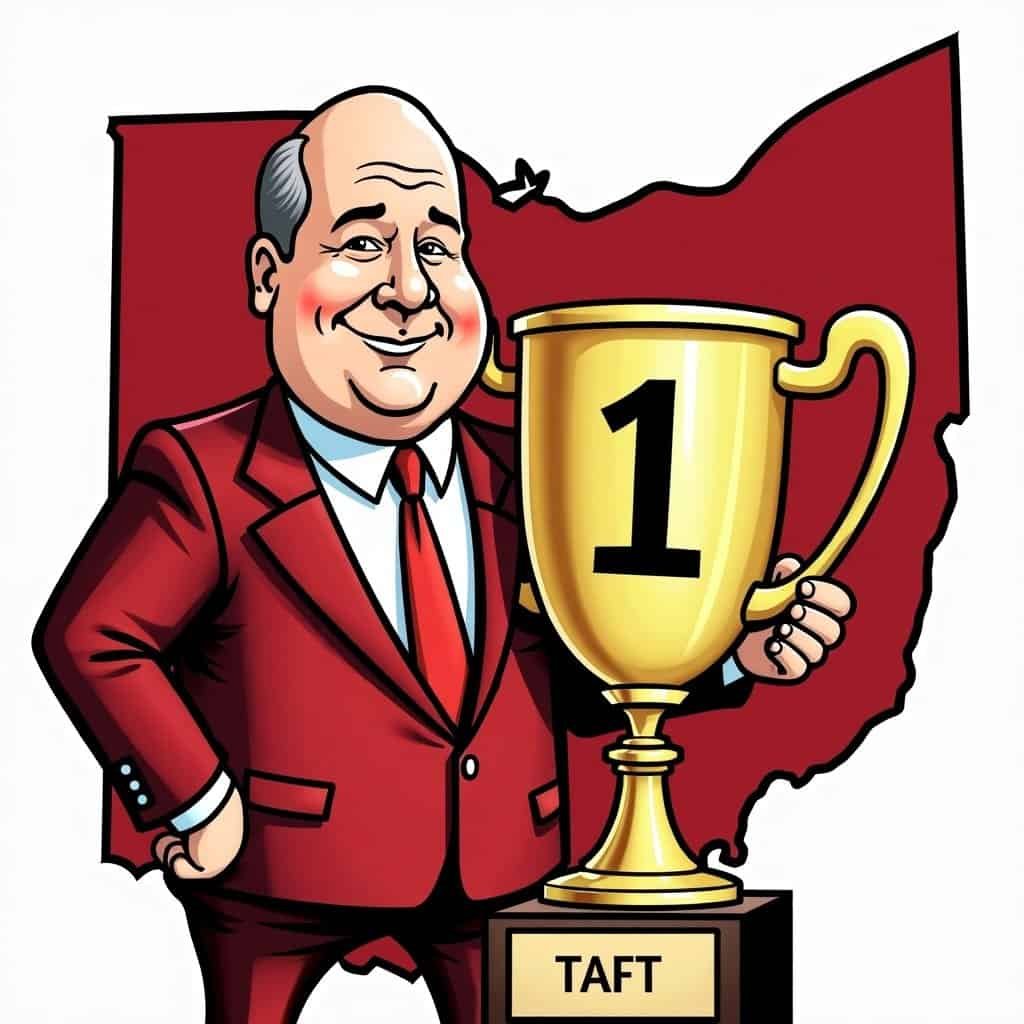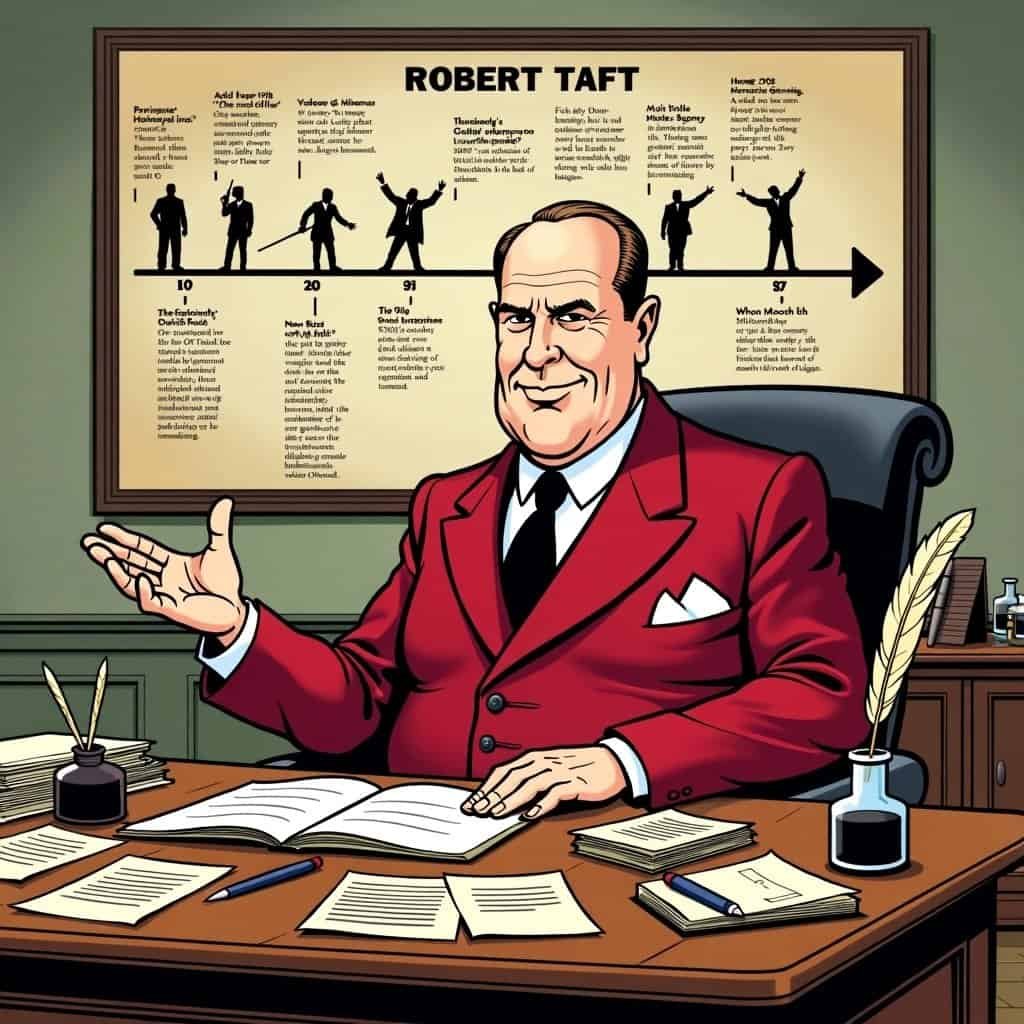When we think about notable figures in American politics who knew how to manage a budget better than a thrifty grandma, Robert Taft’s name pops up. This financial whiz championed balanced budgets before it was cool to care about such things. And boy, do we need a dose of his fiscal common sense today!
Let’s talk about what this remarkable fellow brought to the table. In a world where some politicians would spend taxpayer money faster than a kid in a candy store, Taft believed in living within our means. Imagine that! No complicated formulas or long-winded economic theories—just good, old-fashioned balance. If it’s crazy to actually pay attention to the numbers before the fancy zeroes, then count me in as a Taftian too!
The Taft Era: When Balanced Budgets Mattered
Back in the 1940s and ’50s, when our patriotic hero was making his mark, the idea of a balanced budget was more than just political jargon. It mirrored how families manage their own finances. Want that shiny new toy? Sure, but first, check the bank account. No magic money trees here!
Taft’s Budget Philosophy vs. Modern Spending
| Taft’s Approach | Modern Government Approach |
|---|---|
| Live within means | Spend now, worry later |
| Balance the books | Expand deficit spending |
| Fiscal responsibility | Creative accounting |
These days, the government often reaches for solutions that seem as financially sound as investing in unicorn ranches. They pour cash into programs without counting the cost, then act surprised by spiraling debt. But Taft? He’d suggest sticking to a budget plan that doesn’t require an advanced degree to understand or turn into a never-ending numbers game. No, Taft stood for modesty, caution, and that old-school wisdom that led him to double-check the checkbook.
Taxes, Economy, and the Taft Touch
Of course, we should gently point out the tendency of some to raise taxes under the guise of balancing things out. But who really benefits? Higher taxes can mean less investment in those budding businesses that fuel America’s economic engine and create jobs (unless you’ve thrown money into a highly creative scheme of coffee-stained seminar papers).
It’s not just about being frugal; it’s about being practical. Sound fiscal responsibility is like a warm apple pie: simple, satisfying, and not muddled with strange flavors. Our dear Robert Taft got that. Balancing budgets is about as groundbreaking a concept as apple cider in autumn—it’s reassuring to know someone cares about our financial future.
The Taft Legacy: Simple Wisdom for Complex Times
To wrap it up, Taft’s advocacy wasn’t about burdening people with strict rules but freeing them by ensuring our nation’s books don’t end up in the red. Less outrageous spending, more sensible oversight. Doesn’t it just make you want to give the man a posthumous high-five?
Let’s all raise a toast—and perhaps a cup—to embrace the simplicity and wisdom of prioritizing balanced budgets! By doing so, we might just teach some government officials a thing or two about living within their means, like good conservatives always do.
Table of Contents
- The Taft Era: When Balanced Budgets Mattered
- Taxes, Economy, and the Taft Touch
- The Taft Legacy: Simple Wisdom for Complex Times






